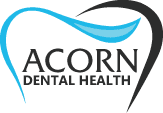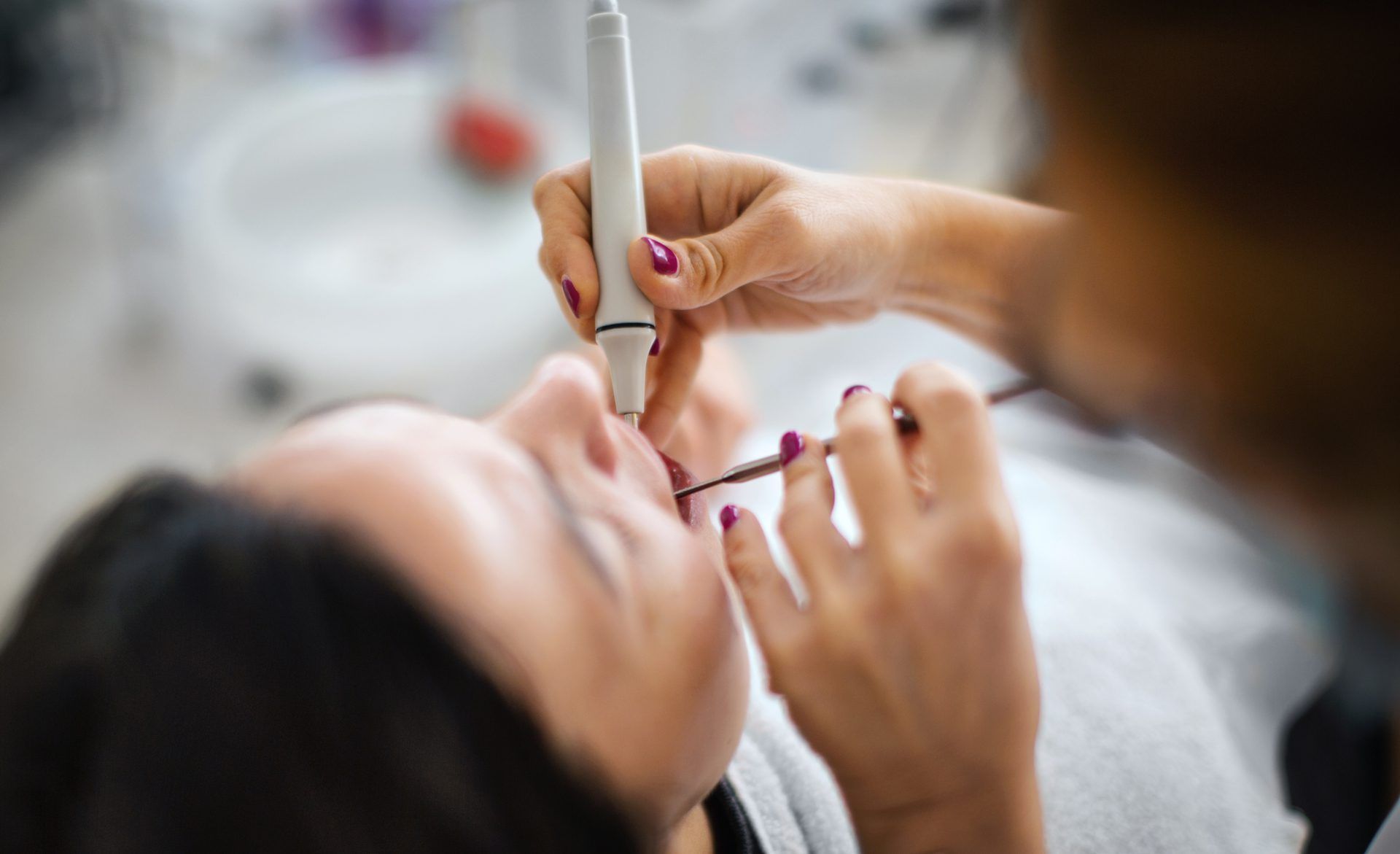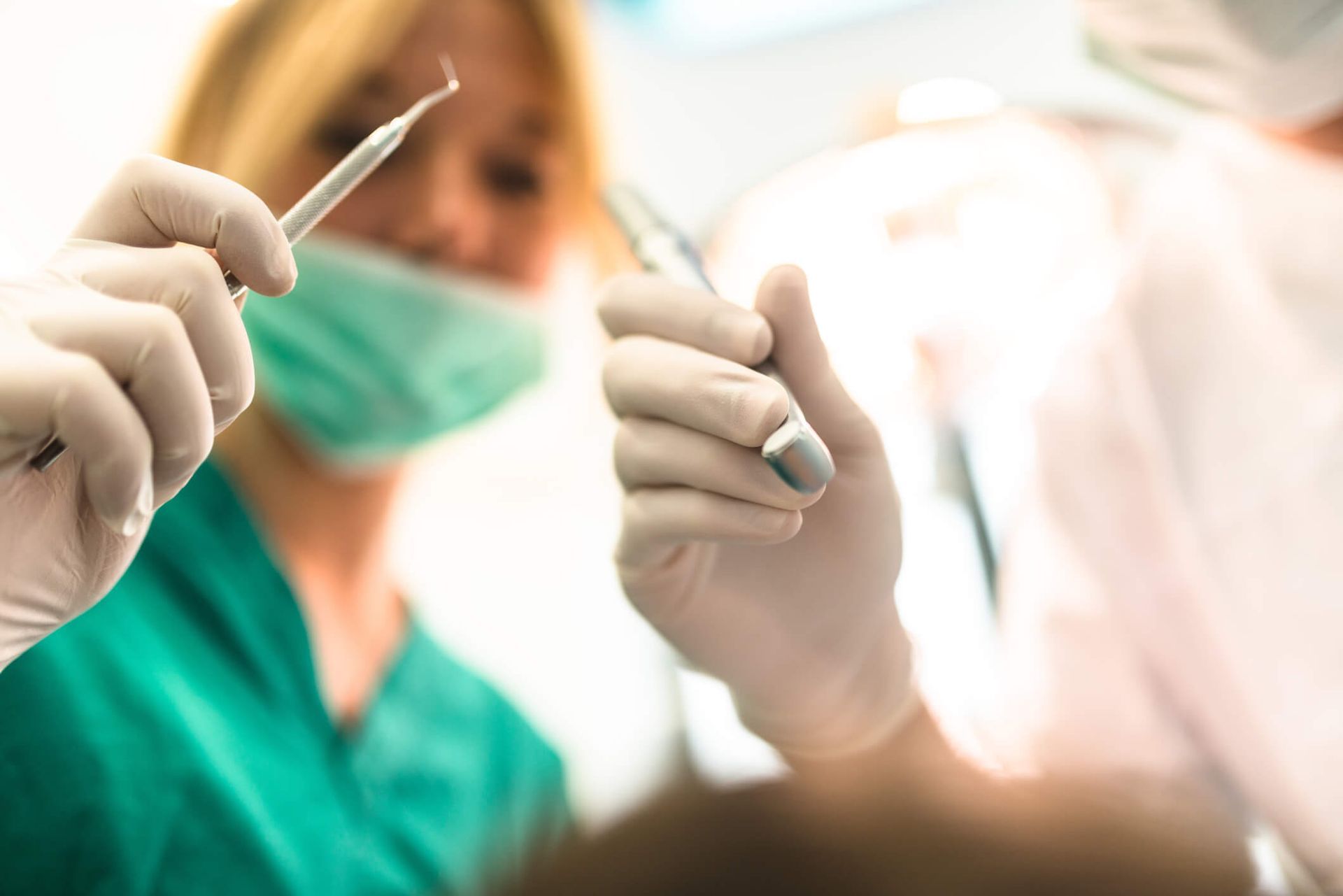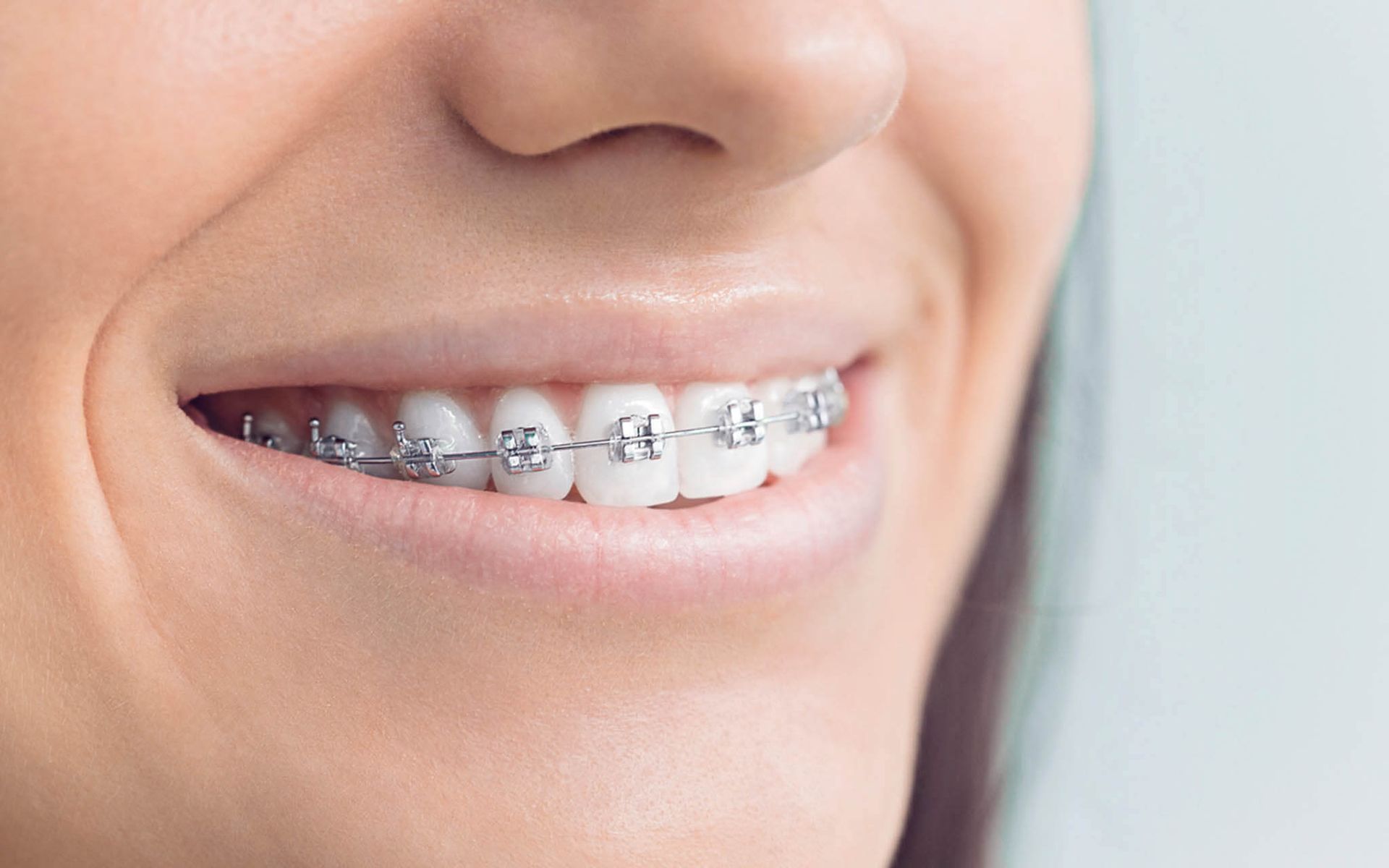How to Recover After Tooth Extraction
Tooth extraction is a painful process, but with the right aftercare, you can bounce back quickly and without any dental concerns. There are some helpful ways to aid the recovery process and some common habits that should be avoided. Read on for more information on dental aftercare.
Read more for some further information after tooth extraction.
Keep Site Clean
One of the main reasons for tooth extraction is to remove bacteria and reduce the chances of infection. However, shortly after a tooth has been extracted, there is a high chance of infection as the bacteria makes its way back into the gap. So aftercare is extremely important at this time.
Appropriate aftercare involves removing bacteria from the site by washing it regularly with clean water and using mouthwash two or three times a day. Talk to your dental professional about when you should stop treating the area with regular cleaning and washing at the extraction site.
Use Medication
During the extraction process, you shouldn’t feel any pain. If your gum has been properly treated prior to extraction, you should only feel some pulling and crunching as the root is broken and the tooth is removed, but that doesn’t mean it’s not a painful process. The pain comes later.
As the numbing agent starts to wear off - typically within an hour or two of extraction - you will start to feel some pain around the affected area. The good news is that medication is available to treat the issue. Use painkillers as directed by your dental professional to reduce your pain.
Avoid Activity
Most people don’t need to be told to avoid strenuous activity after having a tooth pulled, especially when it’s a wisdom tooth and you have painkillers to take. Still, some people like to get back into their routines as soon as possible, but avoid this if you can for around 48 hours.
When you exercise, it increases your heart rate and causes extra bleeding at the extraction site. During aftercare, the aim is to reduce bleeding and encourage healing, so sit tight for a day or two. Talk to your dental professional about your aftercare and when you are ready to return.
Avoid Certain Foods
Pay attention to what you eat in the first few days after tooth extraction. Crunchy foods and hard foods can aggravate the extraction site and dislodge blood clots that increase the time you need to recover. Instead, focus on softer foods such as eggs, yoghurt, pasta, rice, and smoothie juice.
While you want to focus more on softer foods and liquids, it’s important that you don’t use a straw to consume these food items. Using a straw can also dislodge blood clots and create dry sockets in your mouth. Eating the right things in the right way can reduce your recovery time.
Avoid Work
Most people can return to work after a day or two of having a tooth extracted, but that’s not always the case. If your job requires heavy lifting or heavy labour, it can cause further bleeding in the area. In this case, take some additional time off your work to help with the recovery time.
Get In Touch
Based in Southampton, our specialist team at
Acorn Dental Health can provide a wide range of dental treatments. To book an appointment at our Southampton clinic,
get in touch today by calling 01489 782 166 or emailing
acorndentalhealth@btconnect.com.










